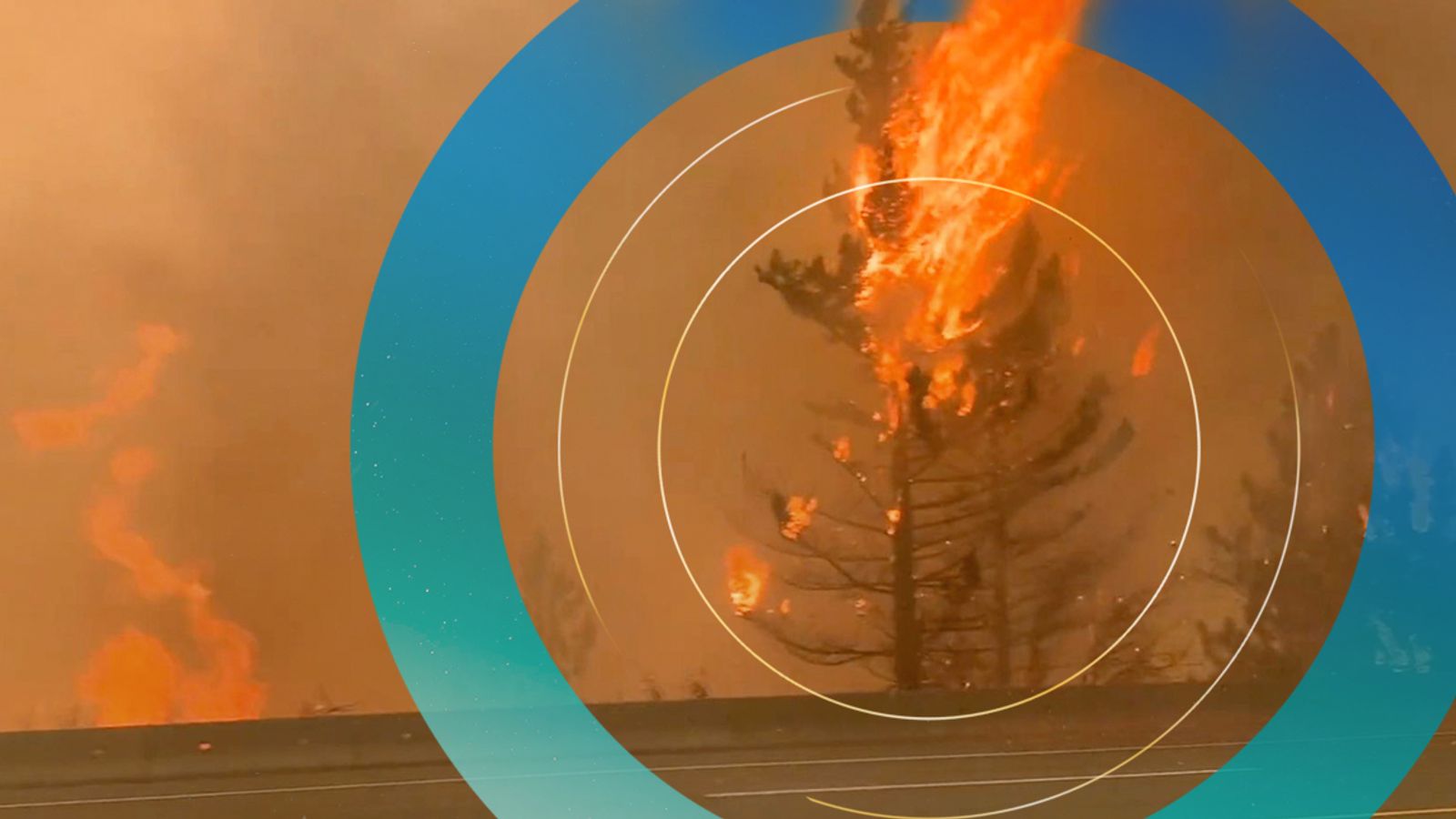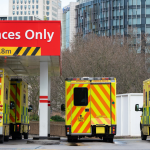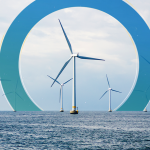As wild weather rages around the world, a landmark UN climate report has delivered a confident and frightening verdict.
Human behaviour is “unequivocally” warming our planet it said. This warming drives many of the extreme conditions we are seeing around the world from flooding in Germany to fires in Turkey, and from the US and to Siberia.
The UN says this is a code red for humanity and that nowhere is safe.
So far, so terrifying.
Now what?
Enter the politicians, who are due to meet for a crucial summit in Glasgow later this year called COP26.
America’s special climate envoy John Kerry has called it the world’s “last best chance” to tackle the crisis.
It is the moment where every country is supposed to deliver a detailed and newly-ambitious plan to achieve specific emission reduction targets.
If the famous Paris Agreement in 2015 delivered the ‘what’, think of Glasgow as the ‘how’.
Increasingly urgent climate diplomacy has been going on behind the scenes for months now.
But it is clear that all is not well, and much like our climate, COP26 is in a precarious place.
Agreement cannot be reached on phasing out coal fired power stations, or how to end fossil fuel subsidies, and the technical rules for carbon trading schemes and other market based solutions remain elusive.
Lower income, vulnerable countries are furious that previously promised cash to help adapt to the consequences of climate change has not fully materialised.
Advisers with direct knowledge of the negotiations tell Sky News that there is a huge and not yet successful effort under way to push big developing nations like India to agree on phasing out coal.
These things must be resolved, or the summit risks being derailed.
Will the stark IPCC report provide the momentum, and, frankly, the fear necessary to push China, India and others to do more?
Please use Chrome browser for a more accessible video player
That is the hands of hundreds of negotiators working to agree not only on technical detail but on massing the requisite political will to make huge, rapid changes to the lives of citizens all over the world.
And each leader sat at the table faces his or her own domestic political pressures.
Just look at Boris Johnson’s government’s reluctance to spell out exactly how a huge overhaul of the way we heat our homes is going to be delivered.
Admitting that sizeable costs will be borne by homeowners might cost him dearly at the ballot box.
But the UN report could not have been clearer about what is at stake.
Climate change does not respect negative headlines, borders, time, or the absence of global or domestic political will.
The future of our planet depends on the decisions our leaders make in the run up to COP26.
Subscribe to ClimateCast on Spotify, Apple Podcasts, or Spreaker.
Sky News has launched the first daily prime time news show dedicated to climate change.
The Daily Climate Show is broadcast at 6.30pm and 9.30pm Monday to Friday on Sky News, the Sky News website and app, on YouTube and Twitter.
Hosted by Anna Jones, it follows Sky News correspondents as they investigate how global warming is changing our landscape and how we all live our lives.
The show also highlights solutions to the crisis and how small changes can make a big difference.






















